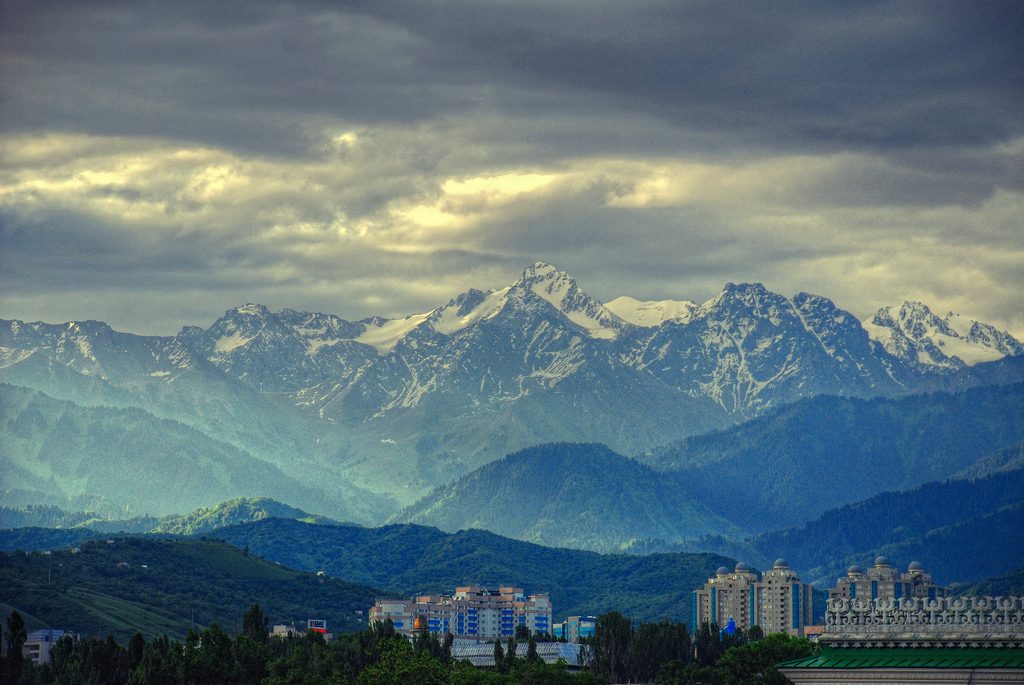Kazakhstan is a vast country (the ninth largest in the world) that is strategically located in Central Asia. It borders include Russia and China. Along its Western border, where the Caspian Sea meets the dessert, is the small port city of Aktau. This city is the capital of the oil rich region of Mangystau. Like many oil rich countries, the decline in the price of this commodity has resulted in revenue short falls that have impacted economic development and, consequently, employment.
The challenge for the Mangystau Oblast (i.e. regional government), however, is not only the lack of oil revenue but also the broader, longer term challenge of capitalizing on its potential as a gateway for goods transiting via improved national infrastructure (e.g. the New Silk Road) to global markets. If the Mangystau Oblast can improve the business-enabling environment to stimulate investments that will provide opportunities beyond oil then it can diversify growth away from a mono dependence on the oil and gas industry.
Public Private Dialogues (PPDs) have often been introduced during periods of economic instability (e.g. the Asian financial crisis of the late 1990s). PPDs can achieve tangible outcomes that demonstrate a government’s willingness to be inclusive and effect needed reforms.
The Mangystau Economic Council (MEC) PPD has been designed both as a tool to mitigate crisis and as a strategic mechanism that forms part of the Oblasts’ long term economic development goals. The MEC utilizes a Working Group (WG) structure that brings public and private sector counterparts together. The WGs in Kazakhstan are recognizable in terms of structure to many other PPDs where the intent is to identify issues, solutions and monitor implementation.
Whilst the MEC will seek input from existing enterprises to prioritize issues and implement solutions, the Mangystau Oblast will also utilize the PPD platform to implement the national governments Plan of the Nation – National 100 Concrete Steps program. This program is designed to improve services and cut red tape. Where these issues relate to economic development, the MEC will be able to utilize the WG structure to monitor and support implementation. Although the MEC is a regional initiative, originating from the office of the regional Governor (i.e. the Akim), the link to implementing The Plan of the Nation gives the MEC an important role in the national development agenda.
A unique aspect of the MEC is the focus on sustainability. The MEC has been designed to have a long-term impact. Consequently it should emerge as an institution that is recognized as the principle avenue for public private interactions on economic development. This is particularly important for the Mangystau Oblast where foreign investors need to establish themselves in a remote environment that is unfamiliar with the demands of global enterprises.
The first MEC was conducted in January 2016. It was preceded by a period of awareness training for stakeholders. The approach towards establishing the MEC and the clear objectives have created a solid foundation that, where it continues to be implemented, should lead to a positive impact on the business-enabling environment of the region.
James Brew is an independent consultant working on global economic development projects in Central/East/South Asia, Balkans, Africa and the Caribbean. He has been working on PPD programs since 2002.

